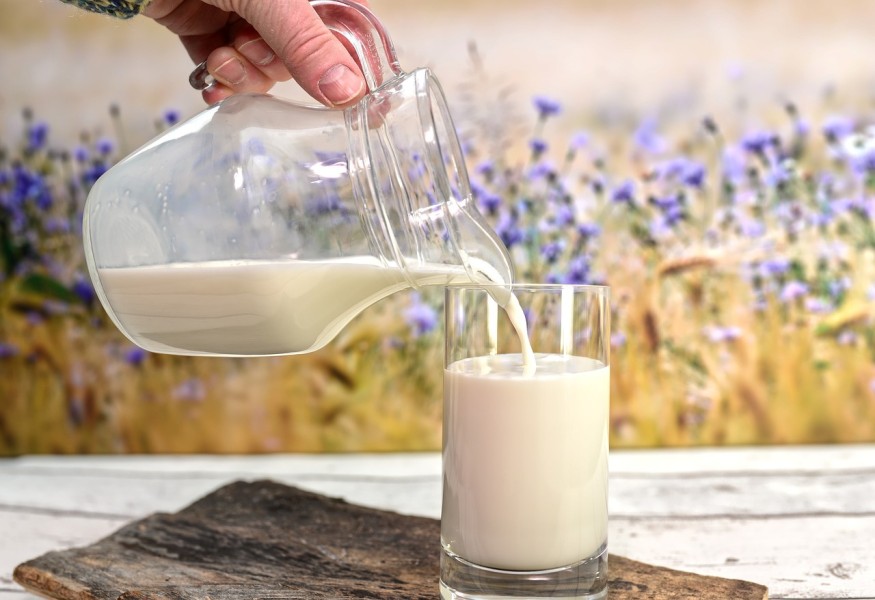
The recent bird flu crisis on dairy farms has boosted interest in the production of milk protein, which does not come from cows.
Crafting Milk Without Cows
The outbreak of avian influenza in US dairy farms has made milk and other dairy products less wholesome. Some dairy workers have been reported to have caught the bird flu virus, raw or unpasteurized milk was shown to have negative effects in animals drinking it.
According to the US Food and Drug Administration (FDA), commercial milk is still safe since it has undergone pasteurization which kills all the microbes. Still, this is not enough to convince other people since not everyone is comfortable drinking other alternatives, such as oat milk.
To address this concern, some biotech companies are working on ways to keep the milk and get rid of the cows. They are planning to do this by engineering yeasts and plants that contain bovine genes. Such an approach can create the key proteins responsible for the milk's taste, color and nutritional value.
These experts attempt to copy casein, a floppy polymer which is the most abundant protein in milk and the one that makes pizza cheese stretchy. They also try to imitate whey, a combination of essential amino acids which is often used in energy powders.
Replacing cows and other animals to produce milk is not a novelty, with the advent of other alternatives such as almond and soy milk. Many dairy cows also produce greenhouse waste and use a lot of water and land, so experts believe that they are not the best way to produce milk.
READ ALSO : Is Raw Milk Safe? Exploring the Benefits and Dangers of Consuming Unpasteurized Dairy Products
Revolutionizing Milk Production
Producing milk without cows is a challenging task, yet some biotech companies are willing to take the challenge. For instance, Israeli startup Remilk used engineered yeast to produce beta-lactoglobulin, the major component of whey.
According to a Remilk spokesperson, a single factory of yeast vats feeding on sugar can replace 50,000 to 100,000 cows. The company has been making trial batches and formulating protein with sugar and plant oils to produce milk drinks, ice cream, and cheese.
On the other hand, San Francisco-based biotech company Alpine Bio has manufactured casein using engineered soybeans. The beans are currently being grown on USDA-sanctioned test plots in the Midwest.
While the process of making cow-free milk seems interesting, it also comes with its own set of challenges. One of the major concerns is keeping production costs low enough to compete with the cows.
It is also pretty difficult to replace cow milk, especially since most people have grown up drinking regular milk. However, biotech companies believe that now is the time to take technological steps in milk production.
Every year, humans raise 60 billion animals as a source of food. According to Alpine Bio CEO and founder Magi Richani, our modern society needs options that are better for the environment. These options should be able to overcome the use of antibiotics and the risks of diseases.
As of now, it is still not clear whether the avian influenza outbreak on dairy farms will pose a big danger to humans. Making cow-free milk has the potential to cut the risk of an animal virus causing a new global pandemic.
RELATED ARTICLE : Genetically Modified Cow Can Make Human Insulin Proteins in Its Milk, Could Potentially Help With Global Supply
Check out more news and information on Milk in Science Times.
© 2025 ScienceTimes.com All rights reserved. Do not reproduce without permission. The window to the world of Science Times.











